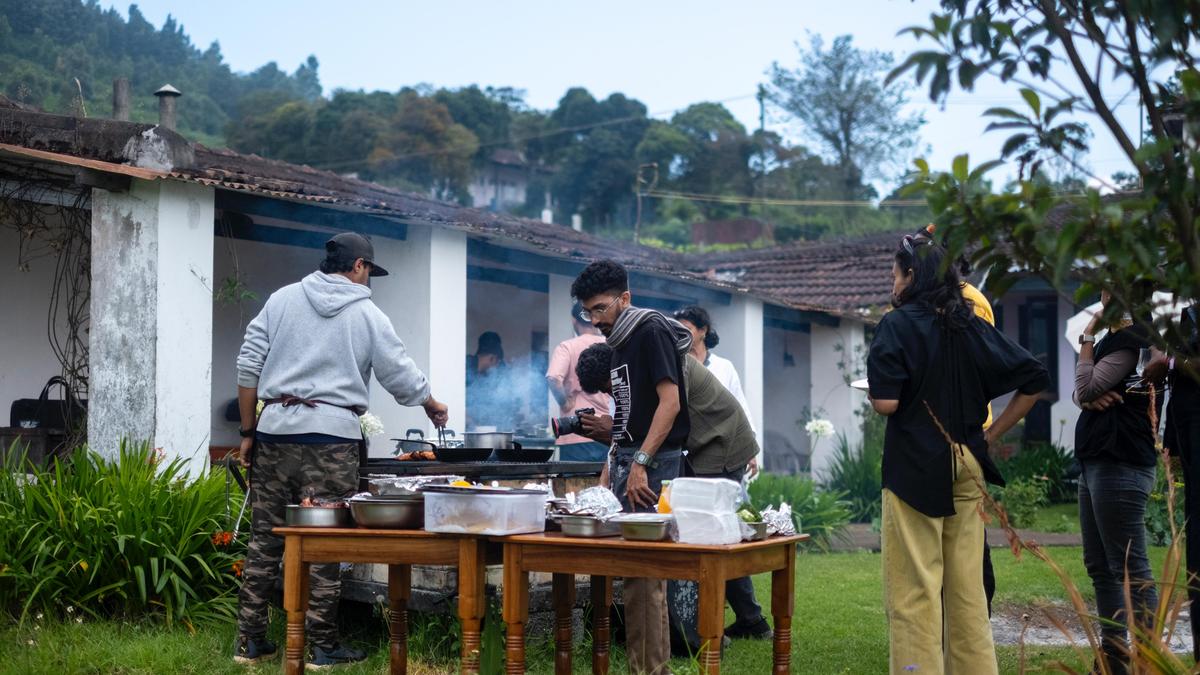
Highlights from the Nilgiris Earth Festival 2024: A celebration of biodiversity and heritage
The Hindu
Highlights from the Nilgiris Earth Festival 2024: A celebration of biodiversity and heritage
When it comes to conservation messaging, two distinct approaches often emerge. The first is a celebration — showcasing the planet’s wonders, like the comforting bird songs at dawn or the life-giving shade of an ancient forest. It gently reminds us of what stands to be lost. The second approach, stark and urgent, holds up a mirror to humanity’s ecological footprint. It confronts us with polluted rivers, vanishing species, and the smog-filled skies of our own making.
The Nilgiris Earth Festival takes the first approach. It’s a celebration of the wildlife, food, culture, and community that the Nilgiris Biosphere Reserve offers, balanced with the understanding that it comes with a responsibility to protect it.
Spanning over 5,000 square kilometres across Tamil Nadu, Karnataka, and Kerala, the biosphere reserve is home to a network of five national parks and four wildlife sanctuaries teeming with diverse flora and fauna.
Organised by The Nilgiris Foundation, an offshoot of Keystone Foundation with three decades of experience in sustainable living, the festival has grown into a space where ecology meets culture. Now in its third year, this four-day celebration (from December 19 to 22) is as much about the Nilgiris’ food and heritage as it is about sustainability and climate action conversations.
On the third afternoon of the Nilgiris Earth Festival, we arrive at Kikui Farms in Ooty to experience the flavours of high-elevation organic produce and farm-to-table cooking with organic farmer and chef Vishanth Kumar. He greets us with a fermented Rhubarb Soda kombucha — salmon pink, fizzy, and frothing as it’s poured. Misty mountains frame the scene, mingling with smoke from barbecue grills manned by Vishanth’s chef friends.
The spread is unforgettable: sourdough pizza made with 90% whole grain wheat, live tacos, and a Badaga buffet with kale greens poriyal, gaasu gose (cabbage mashed with potatoes and peas), red rice, thupadhittu (lentil fritters), and berry tarts — all made with produce from Vishanth’s farm.
A Badaga farmer by heritage, Vishanth’s family has owned a 150-year-old tea estate since the 1930s. After working as a chef in the UK, he returned to India to promote organic farming but struggled to change local mindsets. He began growing vegetables commercially, creating veggie boxes, and processing surplus into jams and hot sauces. Today, he has a steadily increasing supply network in Bengaluru.











